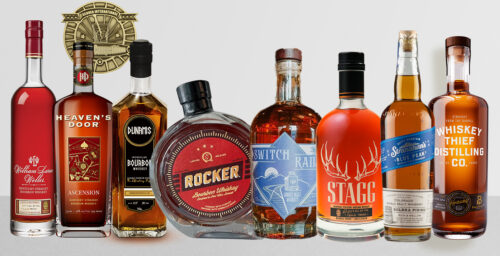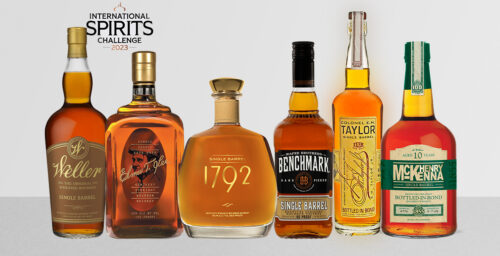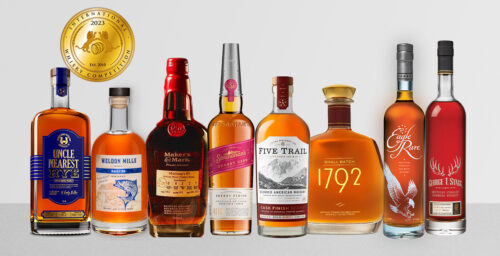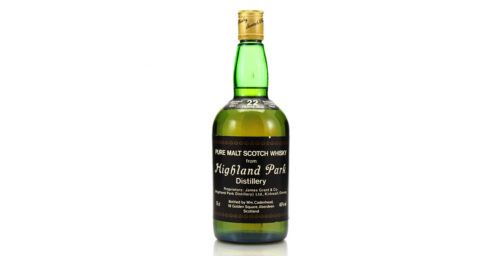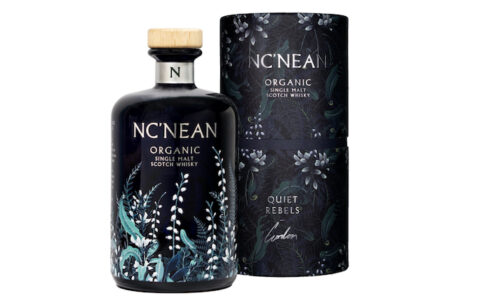Editor’s Note: This whisky was provided to us as a review sample by Alberta Distillers. This in no way, per our editorial policies, influenced the final outcome of this review. It should also be noted that by clicking the buy link towards the bottom of this review our site receives a small referral payment which helps to support, but not influence, our editorial and other costs.
“Canadian whisky” has a connotation, at least in the United States. For years, it was always the “other” whiskey at the liquor store. It never stood out like single malt Scotch, Irish whiskey, or even bourbon, which, through fancy bottles and neat decanters, has finally entered the limelight while Canadian whisky continues to sit “on deck.” For many who live below the 49th parallel (the U.S./Canadian border), we have Crown Royal and Black Velvet as the sole whisky ambassadors from the great north. A friend of mine who is a professional actor has a saying: “if you’re the best every time, it’s only a matter of time.” As consumer tastes shift, and more importantly the cost of other whiskeys continues to climb, we must ask. Is Canadian whisky due?
Canadian whisky, like bourbon, Scotch, and Irish whiskey, has rules and laws controlling how it’s created. It must be aged a minimum of three years, it can only be made in Canada, must be aged in oak, and it can use coloring and flavor additives but it must say so on the label. What I find interesting is most Canadian whiskies are typically blends of different grains, but they aren’t blends in the traditional sense. Canadian whisky is usually made by fermenting, distilling, and aging each grain individually. Then, these barrels of single grain whiskies are used to formulate a finished whisky. That means Canadian whiskies don’t have mash bills in the same sense that American bourbon does, in which grains are fermented and distilled in combination.
Founded in 1946 Alberta Distillers Limited, in Calgary, Canada, blends “Rocky Mountain water with locally sourced rye grains to create their Canadian whisky.” As one of the older distilleries in Alberta province, they have a long history of creating whisky, and a long history of winning awards as a result. Alberta Premium has won Gold at the 2021 international Spirits Challenge, Platinum at the 2021 SIP awards, and Distillery of the Decade at the 2020 Canadian Whisky Awards, among other accolades. American readers may be curious why they’ve never heard of this whisky. That’s because, until 2021, it wasn’t being imported to the U.S.
Alberta Premium is made entirely from rye, and the distillery claims to be one of the first to ever create a 100% rye whisky. Haley Skuraton with the brand touts Alberta Premium as the “No.1 selling rye whisky in the world.” They are owned by Beam Suntory, who have an arsenal of distilleries across the globe. Through Beam Suntory, Alberta Premium released Alberta Premium Cask Strength to the United States, a 66% ABV rye explosion that caught the attention of connoisseurs the world over.
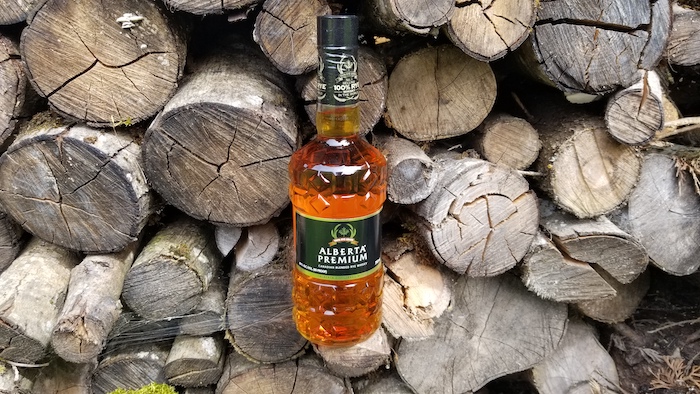
Tasting Notes: Alberta Premium
Vital Stats: Alberta Premium. Made by Alberta Distilling Limited (owned by Beam Suntory). 40% ABV or 80 proof, 100% rye whisky. $25 MSRP. Calgary, Alberta, Canada.
Color: Light straw with quick, thin legs that slide down the glass.
Nose: Bright and inviting, if not very pronounced. Subtle rye spice, spring flowers, and touches of ripening fruit over a backdrop of alcohol.
Profile: It has a thin and watery mouth feel across the tongue. Starting off light and approachable with white sugar sweetness and hints of manufactured vanilla, notes of oak–if ever so faintly–and occasional wisps of leather. The aftertaste was rather unremarkable, but overall the whisky is smooth. Nothing lingered on the teeth, on the tongue, or back of the throat except a faint astringent note.



